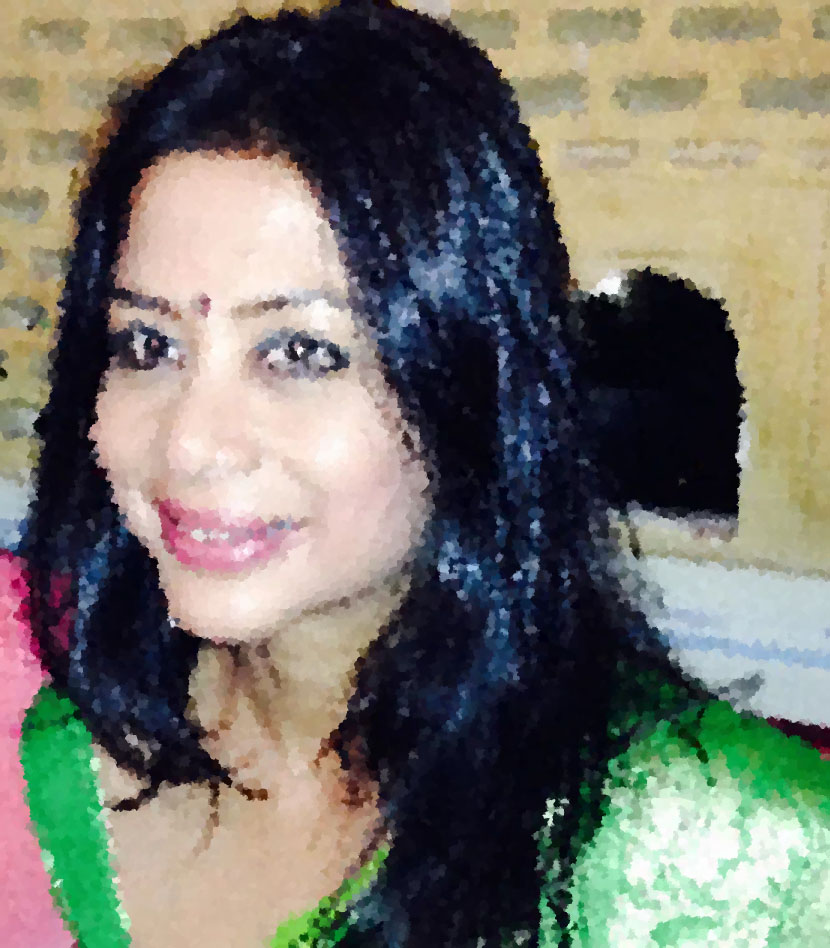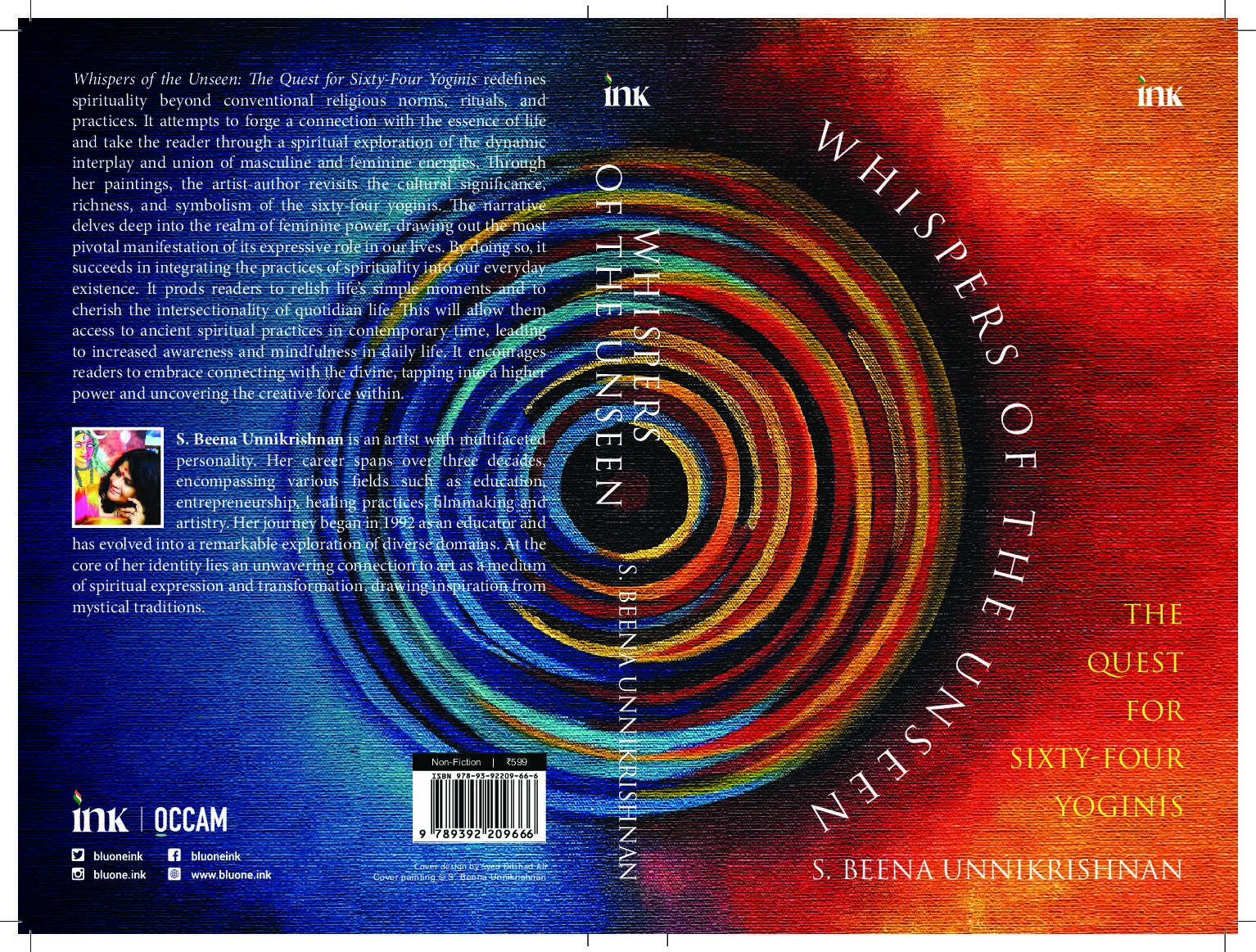Indrani case becomes pretext to flay media
Ravi Shanker Kapoor | September 5, 2015 6:44 am

In his non-fiction work, The Rebel, Albert Camus says that “all contemporary action leads to murder, direct or indirect…” The book, which he insisted was an essay, was written six years after the end of the Second World War, with the West still coming to terms with the horrors spawned by the totalitarian ideologies of Nazism and communism. Today, we are better placed; holocaust, concentration camps, purges, etc., that killed millions are part of history; the threat is not existential; or, at least, it doesn’t seem to be such at present. But there is a threat—to individual liberty. And all contemporary action—in India, at any rate—leads to the curtailment of freedom, directly or indirectly. The attempt to prove that a ‘media trial’ is on in the Indrani Mukherjea case is that kind of action.
The coverage of the case is intensive, thus attracting the charges of voyeurism and prurience. Often, news anchors and commentators make facetious and silly remarks. But the fact remains that it was because of extensive media coverage that Jessica Lal got justice; and it is also a fact that the so-called prurience by journalists helped keep the pressure up on the cops to accept that Sunanda Pushkar was murdered. Several of the theories floated by Subramanian Swamy, viciously maligned as a muckraker, were also found to be correct. It needs to be mentioned that when questions were raised about the behavior and statements of senior Congress leader Shashi Tharoor, Sunanda’s husband, the media was accused of not following the norms of decency and decorum.
And Tharoor, whose role in Sunanda’s murder is still not above reproach, is now trying to teach Indian journalists many a lesson about their profession! The former Union minister wrote for BBC that “the Fourth Estate serves simultaneously as witness, prosecutor, judge, jury and executioner. In ancient times, India put its accused through agni pariksha—a trial by fire; today, we put them through a trial by media.” Needless to say, he is part of “them.”
Tharoor’s fulmination is as extraordinary as BBC’s decision to allow the tainted politician to use its platform to denigrate Indian journalists. But he is not alone ranting against the media, especially the electronic media. Senior journalist Anil Dharkar said in a TV show, “This is a criminal investigation that has to be probed by the police. It is really not something the media has to do.” Well, in an ideal world, journalists do not do criminal investigation, administration works properly, and police know and do their job. But, unfortunately, India is not part of that world; here politicians have ensured that administration does not improve, and when the judiciary intervenes, they cry ‘judicial activism’; and the responsibilities of police force are restricted to providing security to VIPs and safeguarding the interests of political bosses. So, what’s wrong if reporters do some sleuthing?
What the purveyors of the media-should-be-responsible theology are doing is playing into the hands of those who want newspapers and channels to follow the line offered by the authorities and/or sanctioned by conventional wisdom—basically, to fall in line. Our netas would like the media to say only that much that they want us to believe—as it happens in most Middle Eastern countries.
One of my friends, who worked in a newspaper in a Sheikhdom, narrated an incident. There was an accident about which an official press release was issued. His newspaper was supposed to print it. He asked a fellow journalist, a local, why the newspaper didn’t send a reporter. The Arab became serious, “Why send somebody and say something that might be at variance with the press release? People will get confused.” And then he added, as kind of friendly counsel, “You shouldn’t discuss such things.”
India is not a Middle Eastern dictatorship—as yet—but the instincts among politicians to make it such are very much present; and they are neither weak nor dormant. What else do you make of the Maharashtra government’s guidelines to cops informing them that the sedition clause of the Indian Penal Code can be invoked against those who, using either spoken or written words, display “contempt” and “dissatisfaction,” thereby “provoking violence” against the Central or state government? Now, since nine out of 10 people are dissatisfied against government functioning, any of them could be thrown behind bars if they dare to express their dissatisfaction.
The brazenness of the Bharatiya Janata Party government in Maharashtra, however shocking it may appear, is scarcely surprising. In the case of Section 66A, too, it had shown considerable shamelessness. The Congress is at least as bad as the BJP as far as freedom of expression is concerned.
In the past, suggestions and attempts have been made to make the media ‘responsible.’ Three years ago, Rahul Gandhi aide Meenakshi Natrajan had proposed a Private Member’s Bill, the Print and Electronic Media Standards and Regulation Bill, that was so draconian and so widely condemned that the government was forced to abandon it. The proposed legislation aimed to set up a media regulator with powers to ban or suspend coverage of an event or incident that “may pose a threat to national security from foreign or internal sources.”
The question is: has the ouster of the Congress government ushered in achhe din for those who cherish liberty? The Maharashtra government, among other actions of the BJP, disabuses us of any such notion.
Helping the political class in its bid to silence free speech is a large army of academics, opinion makers, and sundry other intellectuals who are never at ease with free thinking and its expression. Books, movies, songs, etc., are slammed, and often banned, for ‘hurting the sentiments’ and ‘offending the sensibilities’ of some section or the other; scholars (Arun Shourie, Ram Swarup, K.S. Lal, et al) are flayed for their ‘communal’ works by the politically correct; the media is accused of trivialization, sensationalism, prurience, etc., if it rubs the powerful the wrong way. There is not to say that the media does not indulge in trivialization, sensationalism, or even media trial; even top editors take cognizance of it; but the self-righteous crescendo keeps rising—and it has the potential for harm and mischief.
All right-thinking people should desist from preparing the ground for the control of the media. Otherwise, they would become tools in the hands of politicians and other enemies of liberty. They must ensure that all contemporary action should not lead to the curtailment of freedom, directly or indirectly. Trivialization, sensationalization, and dumbing down, though undesirable, are still better than state regulation.
P.S.: Journalists’ penchant for the sensational and the scandalous is often criticized. But their job is to look for the unusual, different, something people would be interested in. Who wants to know about decent housewives who send their kids to school in time and take a good care of their husbands? Neighborhood and newsmen talk about the lady whose heart is an ocean of love, in which there is love for everybody—husband, boyfriend, colleague, et al. Who wants to know about a Musaddi Lal who comes home directly from office and is solicitous about his family? People are interested in characters like Devdas who drink like a fish and visit houses of ill repute.
So, there is nothing wrong if journalists look for sensational, scandalous, or salacious stories. At any rate, they have been trained to do that. After all, dog biting man is not news; man biting dog is. Unsurprisingly, no safe landing by any aircraft has ever been reported in any newspaper since the feat of Wright Brothers.
P.P.S: In a high school, students were offered an anagram—N, S, E, P, I—with the explanation that it is a part of human body whose upright state is a sign of good health. Those who answered ‘spine’ became doctors and those said ‘penis’ became journalists.































